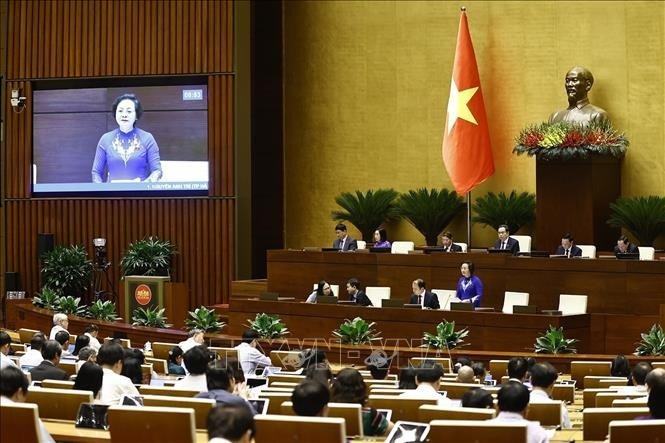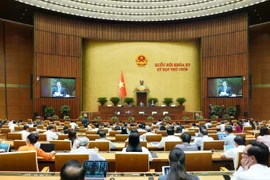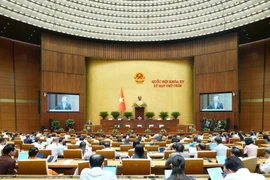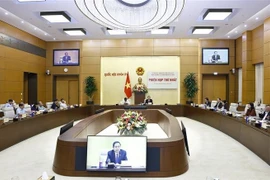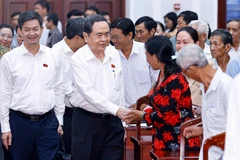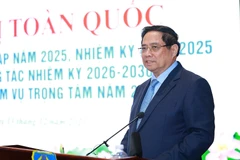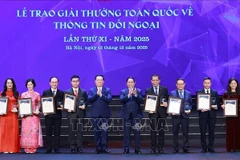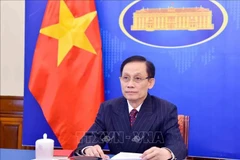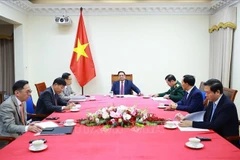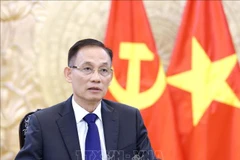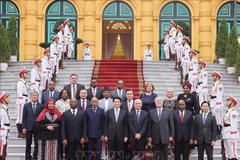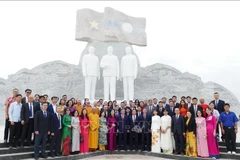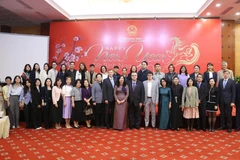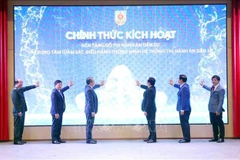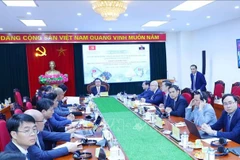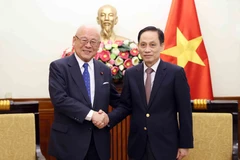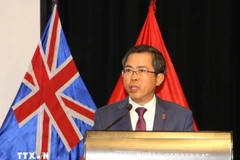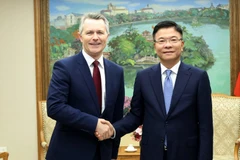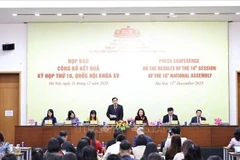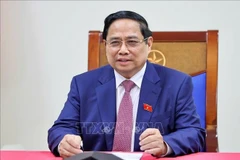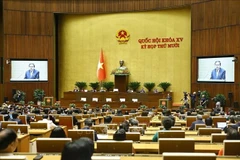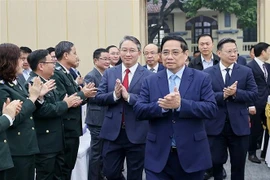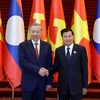Hanoi (VNA) – National Assembly (NA) deputies on May 14 discussed the draft revised Law on Organisation of Local Government, focusing on mechanisms of decentralisation and delegation of power when the two-level local administration apparatus begins operations.
Stressing the significance of the bill, deputies stressed the need to carefully review provisions on the roles and powers of the two-level local administration, particularly tasks performed by the district level, to avoid overlapping responsibilities or legal ambiguities that can disrupt governance and negatively affect people and businesses.
While supporting the proposal allowing provincial People’s Committees to recommend decentralisation measures to the Government for the NA approval, deputy Pham Hung Thang of Ha Nam province pointed out that the draft lacks specific provisions outlining how the Government should respond to such proposals. He suggested the inclusion of clear responsibilities for the Government to review and address decentralisation requests from provincial authorities to ensure alignment and feasibility in practical implementation.
Do Thi Viet Ha, a deputy of Bac Giang province, held that the draft law still contains vague language around the authority of provincial-level People’s Committees and chairpersons to intervene in issues under the remit of other local administrative units. She cautioned that such ambiguity may result in implementation inconsistencies and urged that either the law itself or subsequent government regulations should clarify the scope and limits of such interventions.
Ha also highlighted the necessity of synchronising this draft with other laws, especially those related to decentralisation, delegation of power, and authorisation to ensure legal consistency in the actual execution.
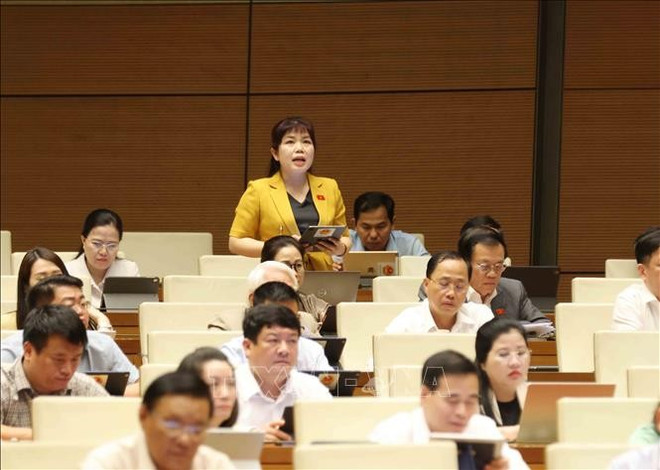
She recommended a thorough legal review by the Government to update or introduce related legislation accordingly. Without such alignment, she warned, even well-structured decentralisation frameworks could be rendered ineffective by conflicting regulations in other legal instruments.
Ha emphasised the importance of swift institutionalisation of Party resolutions regarding the tasks and power of local administrations. The responsibilities for local administrations at both provincial and commune levels should be clearer, fully realising the guiding principle of “local decision, local implementation, local accountability”, aimed at promoting a more autonomous and capable local administration.
Voicing her agreement to many deputies’ opinions on deeper decentralisation in the draft law, Quang Ninh’s deputy Nguyen Thi Thu Ha proposed that the revised law grant greater fiscal discretion to chairpersons of provincial People’s Committees, particularly regarding local budgets and extra-budgetary financial mechanisms to ensure flexibility, with the People’s Councils continuing to exercise approval rights over key financial matters.
She stressed the need for expanding authorisation powers not only to lower levels, such as chairpersons of communal People's Committees, but also to heads of provincial departments.
The deputy pointed out that the current draft does not empower commune-level People’s Councils to issue spending guidelines for their own operations, particularly relevant as communes are expected to absorb some responsibilities previously held by district-level councils. She suggested extending fiscal authority in line with expanded duties, enabling communes to mobilise local resources more effectively./.
